WiseTech’s Richard White fails the Paul McCartney media test
The tech giant believes it has created the perfect circuit breaker, with its billionaire founder standing down. But he should have taken note from an ex-Beatle when answering the hard questions.
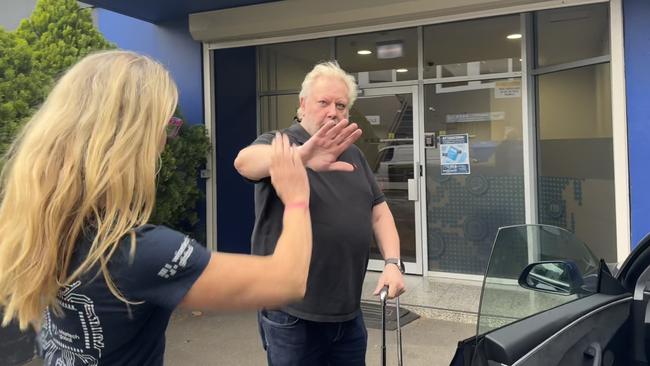
WiseTech is striving to live up to its name, believing it has come up with a clever solution to deal with its scandal-plagued founder Richard White: one of the tech sector’s biggest rock stars.
By stepping down from WiseTech’s board and as chief executive, White created a circuit breaker to a string of sensational allegations about his personal life that were damaging the company. White will also keep his $1m salary, moving into a consultant role at the company – with the title of founder and founding CEO. Nifty.
But White’s behaviour last Thursday afternoon, when asked by The Australian, “Why did you resign?” put him at odds with another rock star, Paul McCartney.
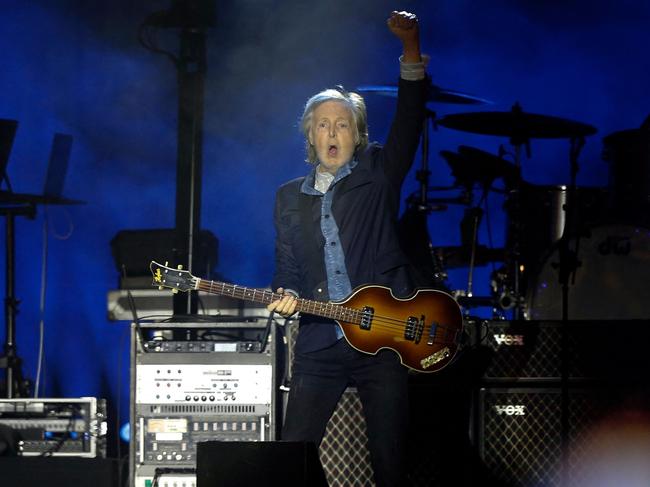
McCartney was approached by the media in 1984 at Heathrow Airport after arriving from Barbados where he and his late wife were fined $200 for possessing cannabis. Unlike White, McCartney didn’t recruit a PR human shield and directly answered journalists’ questions.
“I don’t hold any grudges. It didn’t really spoil my holiday. I don’t believe it’s a terribly harmful thing to do,” McCartney said – while chewing gum.
“I love you all dearly,” he told reporters as he drove off in a white station wagon.
McCartney gave a masterclass for anybody who is in a position of power and accountable to the public, or who relies on a paying public for their success. It partly explains his longevity and enduring appeal in a ruthless industry.
It’s surprising that White didn’t take note. In the mid-1980s he was known for theatrics, ensuring stage lighting didn’t trip the power to the poker machines at Gold Coast’s Jupiters Casino, and used to repair guitars for AC/DC. He even aspired to be a rock star via his school band Jade – and even has the walls of his office adorned with guitars.
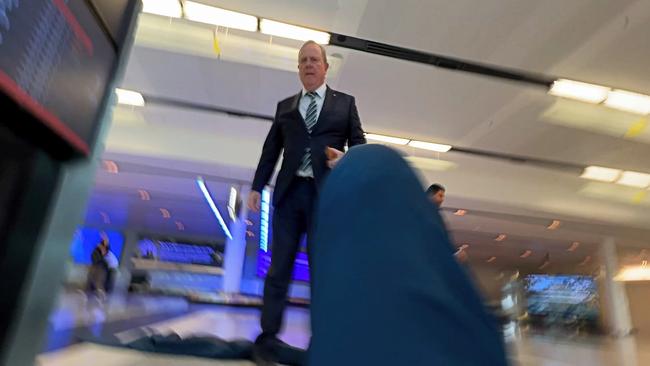
But instead of answering the question, like McCartney, White huffed: “I’m not leaving” and “I’m not talking” – while an employee tried to block filming (making movements to almost rival Richard Simmons) before White zoomed away in a blue Tesla.
There will be those who feel sympathy for White, saying someone who achieved an impossible feat by creating a multi-billion dollar company from scratch should not be subject to A Current Affair-like treatment.
This is a gross misunderstanding of the role of media in a democratic society.
WiseTech is a public company traded on the ASX. White owns more than 35 per cent of it, but he raised funds on public markets when he listed the company in 2016. He has a responsibility to investors and society, given his position of power and privilege.
Yet in this modern era, executives and directors often hide behind faceless communications departments who stage-manage their public appearances. They can’t handle the tough questions when caught on the hop.
Look at Peter Costello’s physical altercation with reporter Liam Mendes – the same journalist who asked questions to White on Thursday. That ultimately cost Costello his chairmanship at Nine Entertainment. It’s either arrogance or a lack of skill in exercising common decency, basic communication and accountability.
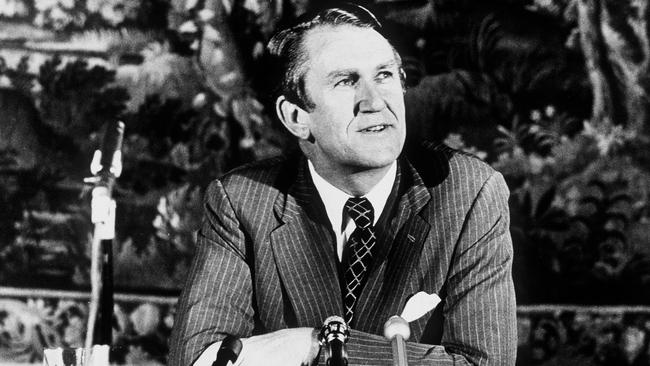
When I started my career, an older reporter told me he used to be able to call Malcolm Fraser directly when he was prime minister. During one tricky exchange, Fraser politely told my colleague: “You obviously don’t know what you’re talking about, call me back when you do.”
How refreshing. Yet, many current executives and directors lack the skills – or, worse, throw a tantrum – to be able to answer simple questions today.
They aren’t completely at fault. The corporate environment during the past few decades also shares the blame, with its communications hierarchy effectively creating a Praetorian Guard. Without it, it’s like teaching a toddler to swim without floaties.
Then there are varying degrees of advice, some excellent but not heard, others so poor (involving enthusiastic agreement with whatever a leader says) that it would make the emperor in his new clothes blush even more.
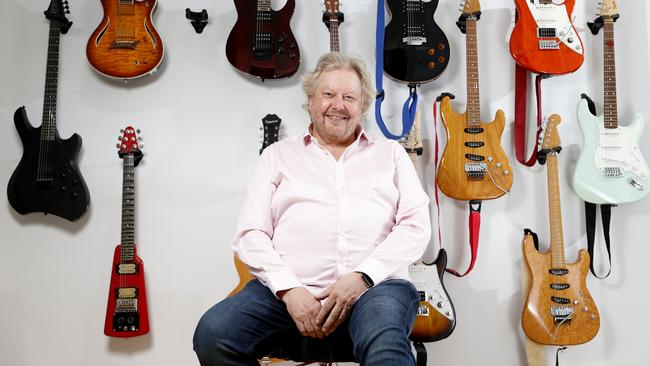
More troubling at WiseTech is that analysts expect White to maintain his position of influence at the company, but with none of the accountability of a director or chief executive.
And it will take a certain calibre of chief executive to oversee a consultant who owns more than a third of the company. This could potentially raise further corporate governance issues.
The bottom line is that White will continue to cast a deep shadow over WiseTech’s Alexandria headquarters, with analysts saying he will remain key to its strategy. He will be its kingpin behind closed doors.
As White said to Mendes: “I’m not leaving.”






To join the conversation, please log in. Don't have an account? Register
Join the conversation, you are commenting as Logout